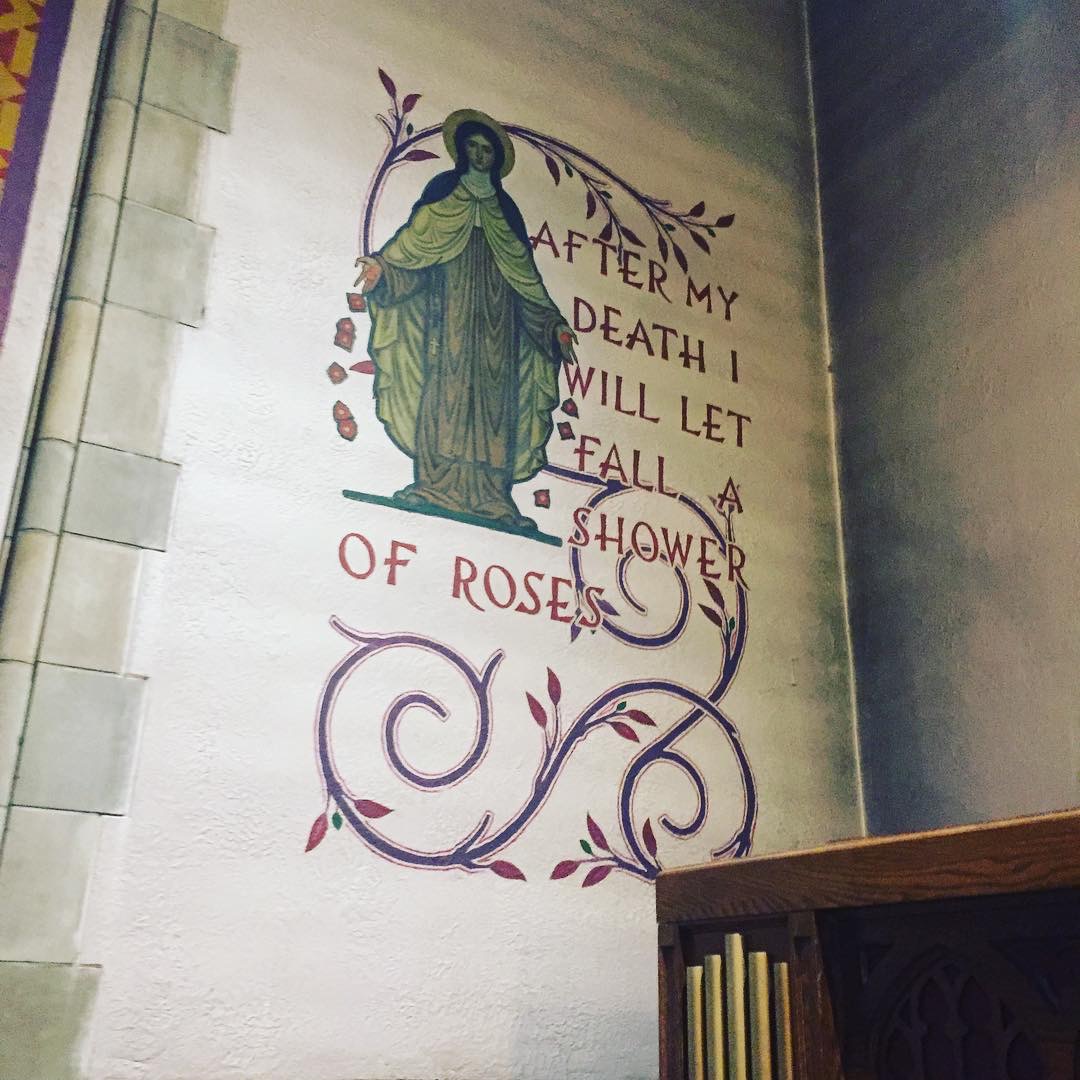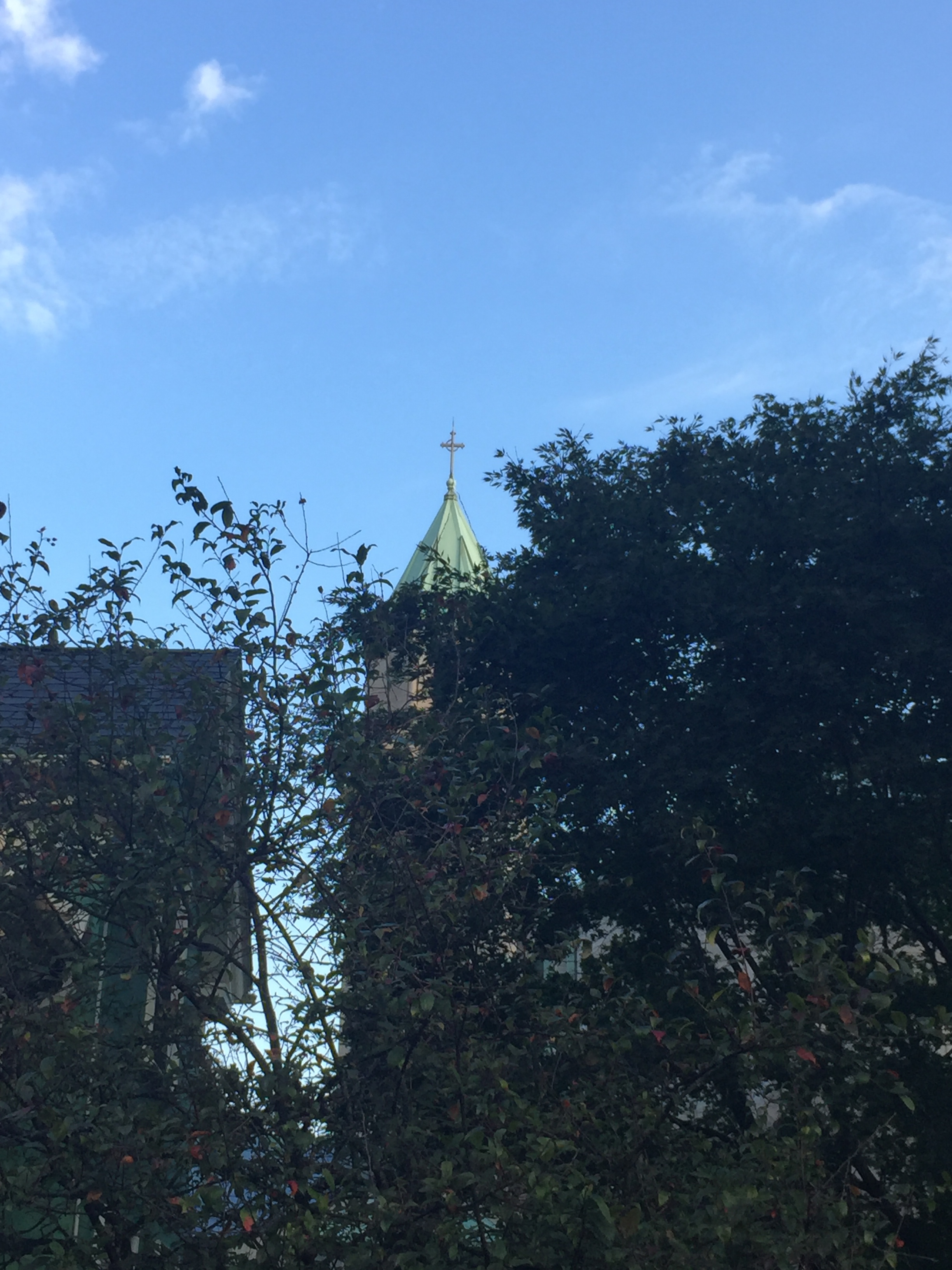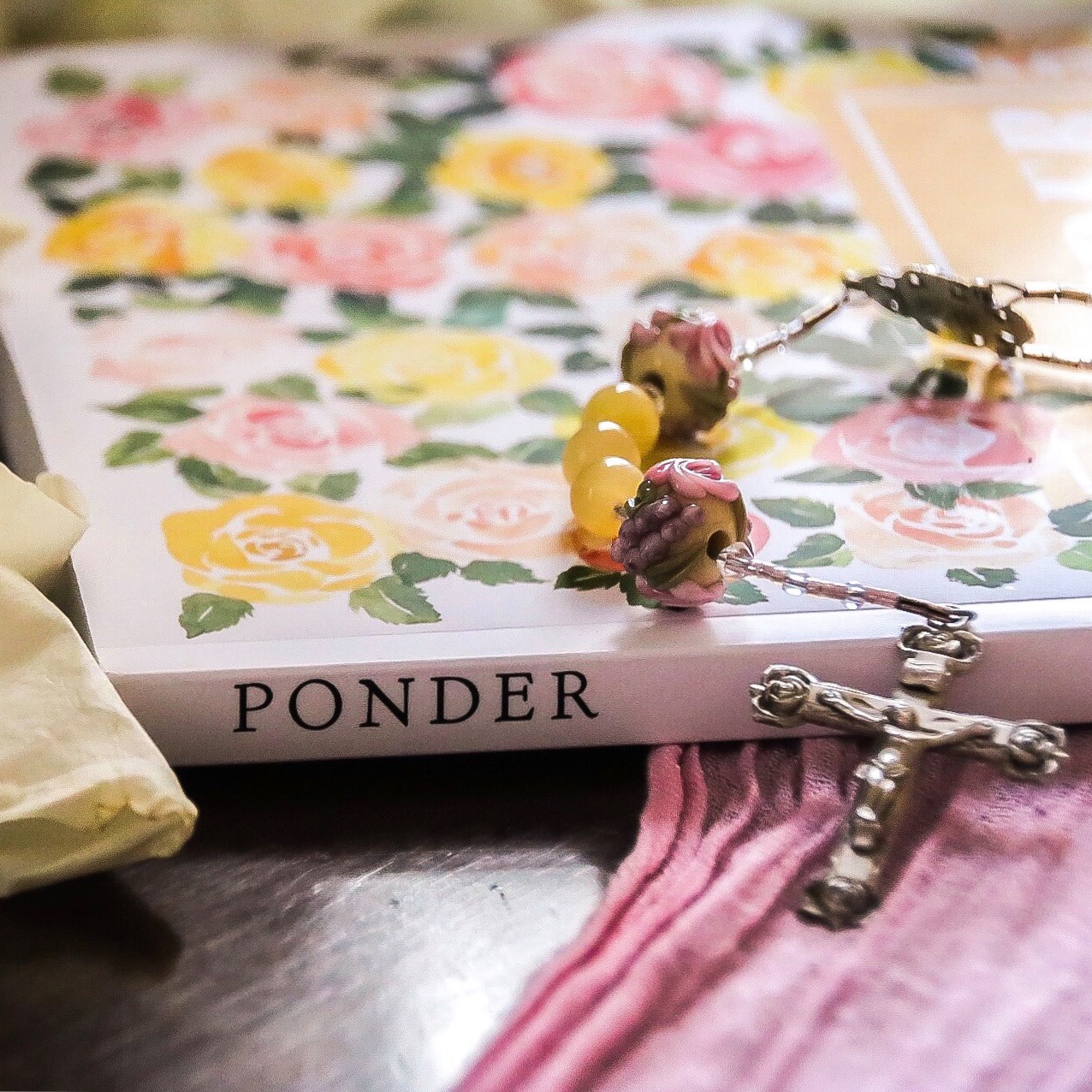And finally, Dryden's "Song for St. Cecilia's Day", in its entirety:
A Song for St. Cecilia's Day, 1687
by John Dryden
Stanza 1
From harmony, from Heav'nly harmony
This universal frame began.
When Nature underneath a heap
Of jarring atoms lay,
And could not heave her head,
The tuneful voice was heard from high,
Arise ye more than dead.
Then cold, and hot, and moist, and dry,
In order to their stations leap,
And music's pow'r obey.
From harmony, from Heav'nly harmony
This universal frame began:
From harmony to harmony
Through all the compass of the notes it ran,
The diapason closing full in man.
What passion cannot music raise and quell!
When Jubal struck the corded shell,
His list'ning brethren stood around
And wond'ring, on their faces fell
To worship that celestial sound:
Less than a god they thought there could not dwell
Within the hollow of that shell
That spoke so sweetly and so well.
What passion cannot music raise and quell!
The trumpet's loud clangor
Excites us to arms
With shrill notes of anger
And mortal alarms.
The double double double beat
Of the thund'ring drum
Cries, hark the foes come;
Charge, charge, 'tis too late to retreat.
The soft complaining flute
In dying notes discovers
The woes of hopeless lovers,
Whose dirge is whisper'd by the warbling lute.
Sharp violins proclaim
Their jealous pangs, and desperation,
Fury, frantic indignation,
Depth of pains and height of passion,
For the fair, disdainful dame.
But oh! what art can teach
What human voice can reach
The sacred organ's praise?
Notes inspiring holy love,
Notes that wing their Heav'nly ways
To mend the choirs above.
Orpheus could lead the savage race;
And trees unrooted left their place;
Sequacious of the lyre:
But bright Cecilia rais'd the wonder high'r;
When to her organ, vocal breath was giv'n,
An angel heard, and straight appear'd
Mistaking earth for Heav'n.
GRAND CHORUS
As from the pow'r of sacred lays
The spheres began to move,
And sung the great Creator's praise
To all the bless'd above;
So when the last and dreadful hour
This crumbling pageant shall devour,
The trumpet shall be heard on high,
The dead shall live, the living die,
And music shall untune the sky.

















































